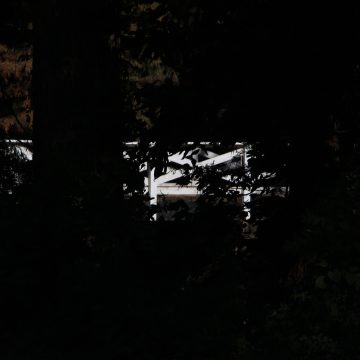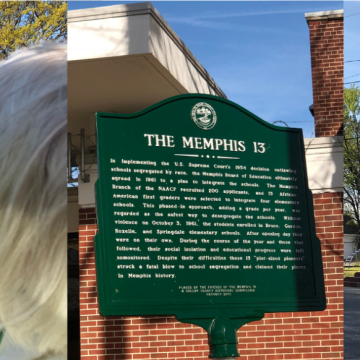 A few months ago I read about a new type of genetically modified salmon that was in development (blogged about it as well). Today I saw another article on the topic and a few things stood out for me. Below is an excerpt that I think everyone should read:
A few months ago I read about a new type of genetically modified salmon that was in development (blogged about it as well). Today I saw another article on the topic and a few things stood out for me. Below is an excerpt that I think everyone should read:
The ground-breaking nature of the proposal is reflected in the fact that the FDA is evaluating it as a new veterinary drug. There’s nothing in the law about genetically engineered animals.
At one level, manipulation of natural processes is a longstanding fact of life in most of the world’s food supplies. Cattle, hogs, poultry and most grain and vegetable crops have been extensively altered through selective breeding and hybridization — – including turkeys with more white meat, drought and disease resistant wheat as well as fruits and vegetables that resist bruising or spoiling when shipped long distances.
One of the most important elements in the so-called “green revolution” that multiplied crop yields and banished starvation from large segments of the global was precisely this kind of scientific engineering, which in some cases involved genetic alteration of plants.
Yet so far at least, what may have been accepted in plant foods has not been accepted in food animals.
“The thought of genetic engineering sort of excites the idea that there might be a kind of boundary-crossing going on that might be yucky,” said Paul Thompson, an agricultural ethicist at Michigan State University.
via Poised on History’s Doorstep: Super Salmon or Frankenfish? – latimes.com.
So the word “yucky” strikes me. If most people thought about what they were eating when they ate fish, most people would think that is yucky. I mean how many times have you seen someone flinch or even heard them squeal as they touched fish? Or they may have gotten queasy as they saw or smelled fish as its being cleaned.
To me, we really need to have stomachs and thought process that line up a bit more with our goals.
I can understand the European fishermen being opposed to genetically modified fish. It may put them in a different competitive marketplace. But I tend to think about this from the perspective of a salmon lover. Grilled, smoked, raw as sashimi, etc – I love salmon! So the quoted sentence that sticks out to me is “The salmon is identical in taste, color, proteins and other attributes of a non-engineered North Atlantic salmon, he said.”
I want that measured and I want that to be true. I want to know the government has thoroughly reviewed the science and decided the science matches up. Simply said, I like the idea of more fresh, nutritious salmon because understanding market dynamics, that may make salmon more economical too. So I hope we’ll be saying — just like the TV or movies — Look out in the pond, it’s a Chinook! It’s North Atlantic! NO, IT’S SUPER SALMON from AquaBounty!



As for changing animals… No other animal has been altered more by man than the dog. All of them from mini’s to huge came from the same ancient cousin that joined man at the fire eons ago. It is hard to imagine that the pug or the poodle are cousins to the great dane and the greyhound, but they will breed, and if their progeny are not controlled, they become very wolf like. Man has done so much more with the dog than he is now doing to the salmon.
errr… I’m usually a big booster for gen eng, but I have a real problem with it when it comes to fish “farming.”
In plant ag, inevitable gene escapes simply make invasive european/asian weeds more crop-like (and less fit) or, at worst, speeds up pesticide resistance evolution.
Cultivation of domestic fish in open waters already causes huge genetic (and sea lice) contamination of faltering populations of wild, native fish. Adding more extreme growth-promoting alleles to the wild populations is going to weaken them even faster.
I’d only be for GM fish if they physically/genetically prevent out-crossing and do something to make commercial fish farming/hunting less environmentally devastating.
Interesting point Matt. The way I had read this was this salmon would be raised in ponds so my assumption was they would be physically separated from any of the current wild or farm-raised but that is a good point in the scientific evaluation that these things need to be carefully considered.